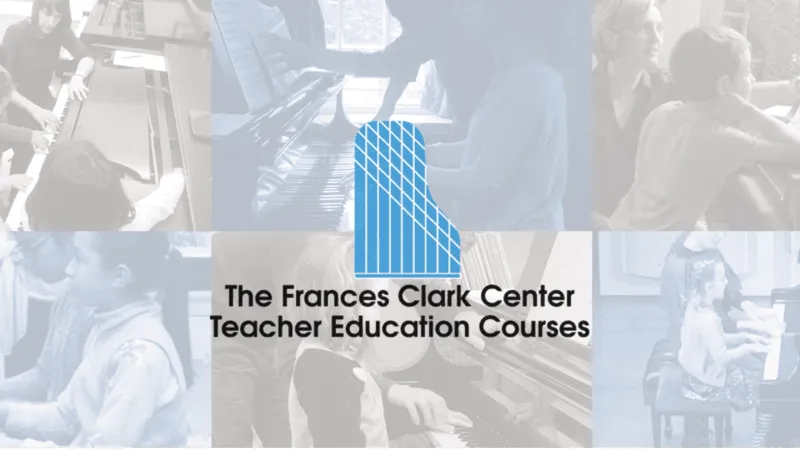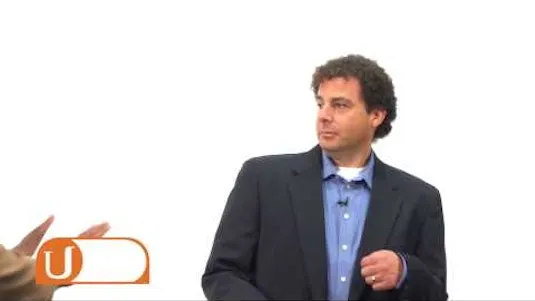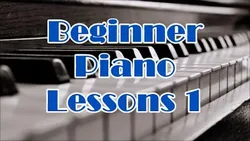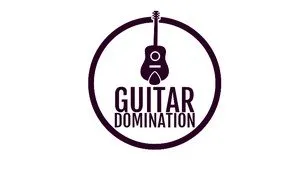
Developing Musical Skills in Young Pianists: Ideas from Music Learning Theory (from The Beginner Course) 
Explore the essentials of Developing Musical Skills in Young Pianists: Ideas from Music Learning Theory (from The Beginner Course) ▼
ADVERTISEMENT
Course Feature
![]() Cost:
Cost:
Paid
![]() Provider:
Provider:
Kadenze
![]() Certificate:
Certificate:
Paid Certification
![]() Language:
Language:
English
![]() Start Date:
Start Date:
On-Demand
Course Overview
❗The content presented here is sourced directly from Kadenze platform. For comprehensive course details, including enrollment information, simply click on the 'Go to class' link on our website.
Updated in [May 19th, 2023]
This course, Developing Musical Skills in Young Pianists: Ideas from Music Learning Theory, provides teachers with practical pedagogy for teaching musical skills to young beginning piano students. It focuses on the principles of Edwin Gordon, and is comprised of video and written materials from The Beginner Course: Establishing Strong Foundations for Young Pianists. This self-guided micro-course includes quizzes for immediate feedback and reflection questions to help teachers reflect on the material and their own teaching and performing experiences. Upon completion, teachers will have a better understanding of how to apply Music Learning Theory to their teaching.
[Applications]
After completing this course, teachers can apply the ideas from Music Learning Theory to their teaching of young beginning piano students. They can use the quizzes and reflection questions to assess their understanding of the material and to reflect on their own teaching and performing experiences. Additionally, teachers can explore the full course, Establishing Strong Foundations for Young Pianists, available at https://www.claviercompanion.com/courses, to further develop their understanding of the principles of Edwin Gordon and their application to teaching young pianists.
[Career Paths]
1. Music Teacher: Music teachers are responsible for teaching students of all ages how to play instruments, read music, and understand music theory. They typically work in schools, private studios, or online. As technology advances, more music teachers are using online platforms to teach their students.
2. Music Therapist: Music therapists use music to help people with physical, emotional, and mental health issues. They typically work in hospitals, rehabilitation centers, and private practices. Music therapists must have a degree in music therapy and be certified by the Certification Board for Music Therapists.
3. Music Producer: Music producers are responsible for creating and recording music. They typically work in recording studios and collaborate with musicians, engineers, and other producers. As technology advances, more music producers are using digital audio workstations to create and record music.
4. Music Composer: Music composers are responsible for writing and arranging music. They typically work in recording studios and collaborate with musicians, engineers, and other composers. As technology advances, more music composers are using digital audio workstations to create and arrange music.
[Education Paths]
1. Bachelor of Music: A Bachelor of Music degree is a great way to develop musical skills in young pianists. This degree typically requires four years of study and focuses on the fundamentals of music theory, composition, and performance. It also provides an opportunity to explore different genres of music and develop a deeper understanding of music history. Additionally, students can gain valuable experience in the recording studio and learn how to use technology to create and produce music.
2. Master of Music: A Master of Music degree is a great way to further develop musical skills in young pianists. This degree typically requires two years of study and focuses on advanced topics such as music theory, composition, and performance. It also provides an opportunity to explore different genres of music and develop a deeper understanding of music history. Additionally, students can gain valuable experience in the recording studio and learn how to use technology to create and produce music.
3. Doctor of Musical Arts: A Doctor of Musical Arts degree is a great way to develop advanced musical skills in young pianists. This degree typically requires three years of study and focuses on advanced topics such as music theory, composition, and performance. It also provides an opportunity to explore different genres of music and develop a deeper understanding of music history. Additionally, students can gain valuable experience in the recording studio and learn how to use technology to create and produce music.
4. Music Education: A Music Education degree is a great way to develop musical skills in young pianists. This degree typically requires four years of study and focuses on the fundamentals of music theory, composition, and performance. It also provides an opportunity to explore different genres of music and develop a deeper understanding of music history. Additionally, students can gain valuable experience in the classroom and learn how to teach music to students of all ages. Developing trends in music education include the use of technology to enhance learning, the integration of music into other subject areas, and the use of creative approaches to teaching music.
Course Provider

Provider Kadenze's Stats at AZClass
Discussion and Reviews
0.0 (Based on 0 reviews)
Explore Similar Online Courses

Machine Learning: Unsupervised Learning

The JavaScript Ecosystem Course

Python for Informatics: Exploring Information

Social Network Analysis

Introduction to Systematic Review and Meta-Analysis

The Analytics Edge

DCO042 - Python For Informatics

Causal Diagrams: Draw Your Assumptions Before Your Conclusions

Whole genome sequencing of bacterial genomes - tools and applications

Piano Lessons For Beginners Series - How To Play Piano

Guitar Performance Techniques


Start your review of Developing Musical Skills in Young Pianists: Ideas from Music Learning Theory (from The Beginner Course)